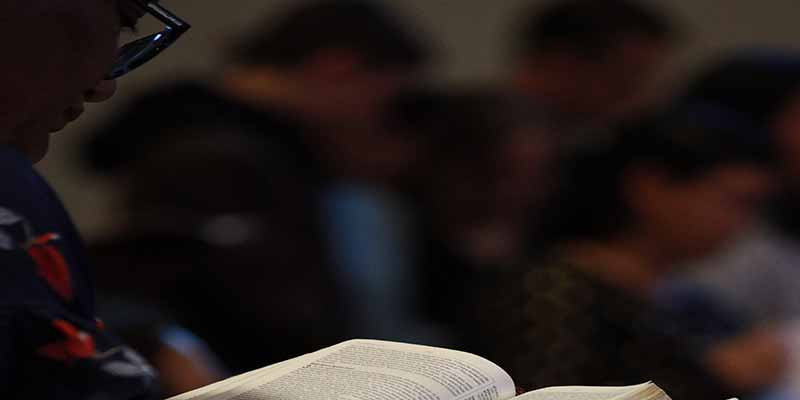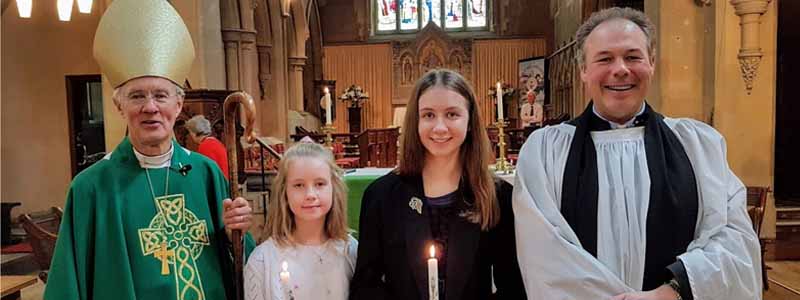Changing your mind
The man who never alters his opinions is like standing water, and breeds reptiles of the mind” (William Blake)
So have you had enough of Brexit? What I find most frustrating about it is that irrespective of whether parliament should have been prorogued or not, you only have to watch a few minutes of our MPs squabbling to see that the battle lines are so drawn-up that no matter how good the argument either for or against Brexit, no one is going to change their minds.
Now the print deadline for the Bridge means that I wrote those rather cynical words about no one changing their minds back on 13 September. So if by some miracle, something remarkable has happened since that date, and our MPs are now united in their approach to Brexit, then let me say how delighted I am to be wrong! But given how rare it is for people to change their minds, I bet I’m not!
The economist JK Galbraith said,
Faced with the choice between changing one’s mind and proving that there’s no need to do so, almost everyone gets busy on the proof.”
Which seems to me exactly what our MPs are doing. But before we condemn the lot of them for their stubbornness, let’s admit we’ve got a dog in this fight too. For all we claim that we’re open to changing our minds, we rarely do. Despite all the arguments and statistics, we encounter day by day, and all the opportunities we have to scrutinise those facts, are we really open to changing our minds?
And what’s true of Brexit, is also true of life’s even more important issues! We all have our answers to life’s big questions, and we’re sticking to them, even if we’ve never tested them, to see if they work. And whilst I’d probably not go quite so far as Greek philosopher Socrates did, when he said that,
The unexamined life is not worth living,”
I do think he has a point. There is something unhealthy about being totally closed to change.
That’s why I love to run our annual Alpha Course. Every year people come with their questions and doubts and concerns, not just about the Christian faith, but about life, the universe and everything. At every session, we watch a short presentation about a different aspect of the Christian life, and then we discuss it, and as the weeks go by, friendships form, questions are answered, fears alleviated, and just occasionally lives are transformed.
So, if you’re open to changing your mind about anything at all, why not give Alpha a try? It starts on Wednesday, Oct 2nd at 1:15pm in Upton Parish Church (St Peter and St Paul’s Church, Old Street, Upton). For more information, visit www.hopechurchfamily.org/alpha or just turn up at one of the sessions (though it does help us plan catering and resources if we know you’re coming).
First published in the Bridge Magazine, October 2019




